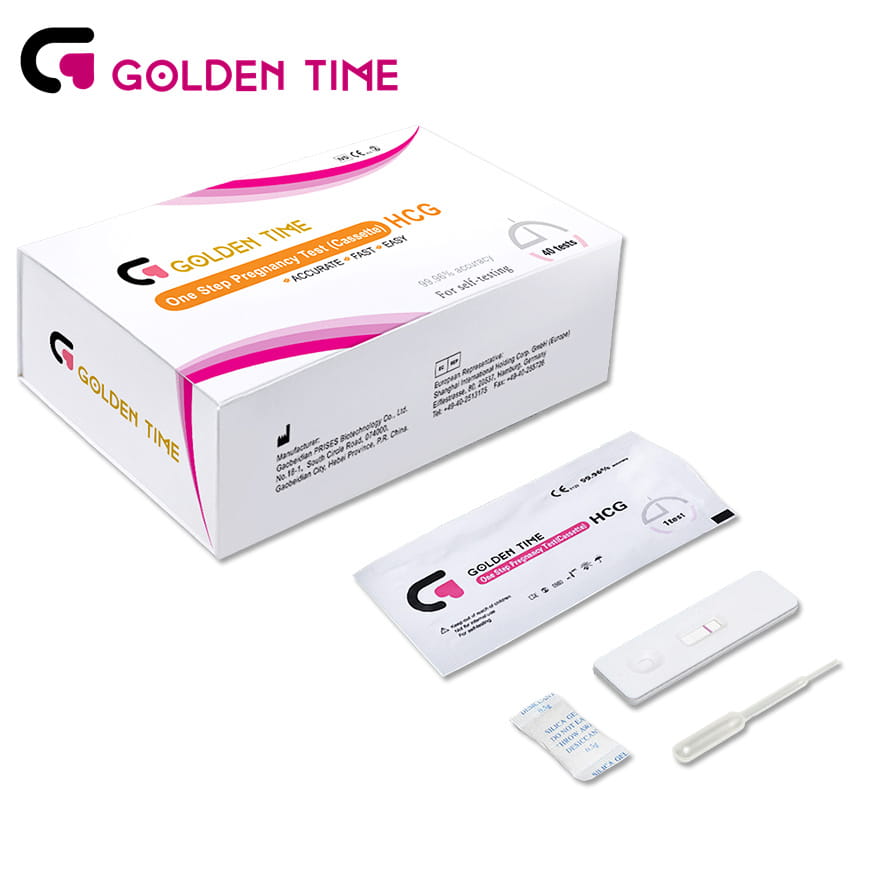Oct . 22, 2024 09:32 Back to list
buy rapid malaria test supplier
The Importance of Rapid Malaria Tests and Reliable Suppliers
Malaria remains a significant public health challenge in many parts of the world, particularly in tropical and subtropical regions. The disease, caused by Plasmodium parasites transmitted through the bites of infected Anopheles mosquitoes, can lead to severe health complications and even death if not diagnosed and treated promptly. In this context, rapid malaria tests have emerged as a crucial tool for timely diagnosis and effective disease management. To ensure their availability and reliability, it is imperative to identify and partner with trustworthy suppliers.
The Importance of Rapid Malaria Tests and Reliable Suppliers
When considering the purchase of rapid malaria tests, it is critical to choose suppliers that adhere to stringent quality standards. Quality control is necessary not just to ensure the accuracy of test results, but also to safeguard the health of patients and communities. Suppliers should be able to provide certifications and documentation proving that their products meet international health and safety regulations. Collaborating with reliable suppliers maximizes the chances of obtaining high-quality test kits that yield accurate and trustworthy results.
buy rapid malaria test supplier

In addition to quality assurance, a reputable supplier should also offer a range of testing options to cater to various needs. Different regions may require tests that are effective against specific malaria species or have varying sensitivity and specificity levels. Therefore, the ability to select from a variety of products provides healthcare providers with flexibility in addressing the particular challenges posed by malaria in their communities. A supplier that maintains an extensive inventory of rapid malaria tests is better positioned to meet the evolving demands of healthcare systems.
Moreover, the cost-effectiveness of rapid malaria tests is a pertinent consideration. Suppliers should offer transparent pricing structures without compromising the quality of their products. Organizations and health ministries operating on limited budgets should have the assurance that they can obtain effective test kits at reasonable prices, enabling broader access to malaria testing and, ultimately, treatment.
Another crucial aspect is after-sales support and training provided by the supplier. It is not enough to simply sell test kits; suppliers should also assist healthcare providers in implementing effective testing protocols. This includes training personnel on the proper usage of rapid tests, interpretation of results, and guidance on follow-up procedures for positive cases. A supplier that offers comprehensive support fosters a more effective response to malaria outbreaks.
In conclusion, the search for reliable suppliers of rapid malaria tests is critically important in the global fight against malaria. By ensuring quality, cost-effectiveness, and robust support services, healthcare providers can significantly enhance their ability to diagnose and manage malaria cases efficiently. Collaborating with trusted suppliers ultimately leads to improved health outcomes and contributes to the broader goal of reducing the burden of malaria worldwide.
-
Malaria Pf Ag Rapid Test Kit - Quick & Accurate Detection
NewsAug.11,2025
-
Accurate Cardiac Marker CK-MB Rapid Test for Quick Results
NewsAug.10,2025
-
Premium Empty ABS Plastic Cassette for Test Strips
NewsAug.09,2025
-
Sterile Urine Cup: Accurate Specimen Collection for Labs & Home
NewsAug.08,2025
-
Malaria Pf/Pan Ag Rapid Test Kit for Fast, Accurate Diagnosis
NewsAug.07,2025
-
Rapid Canine Corona Test: Fast & Accurate Results
NewsAug.06,2025

